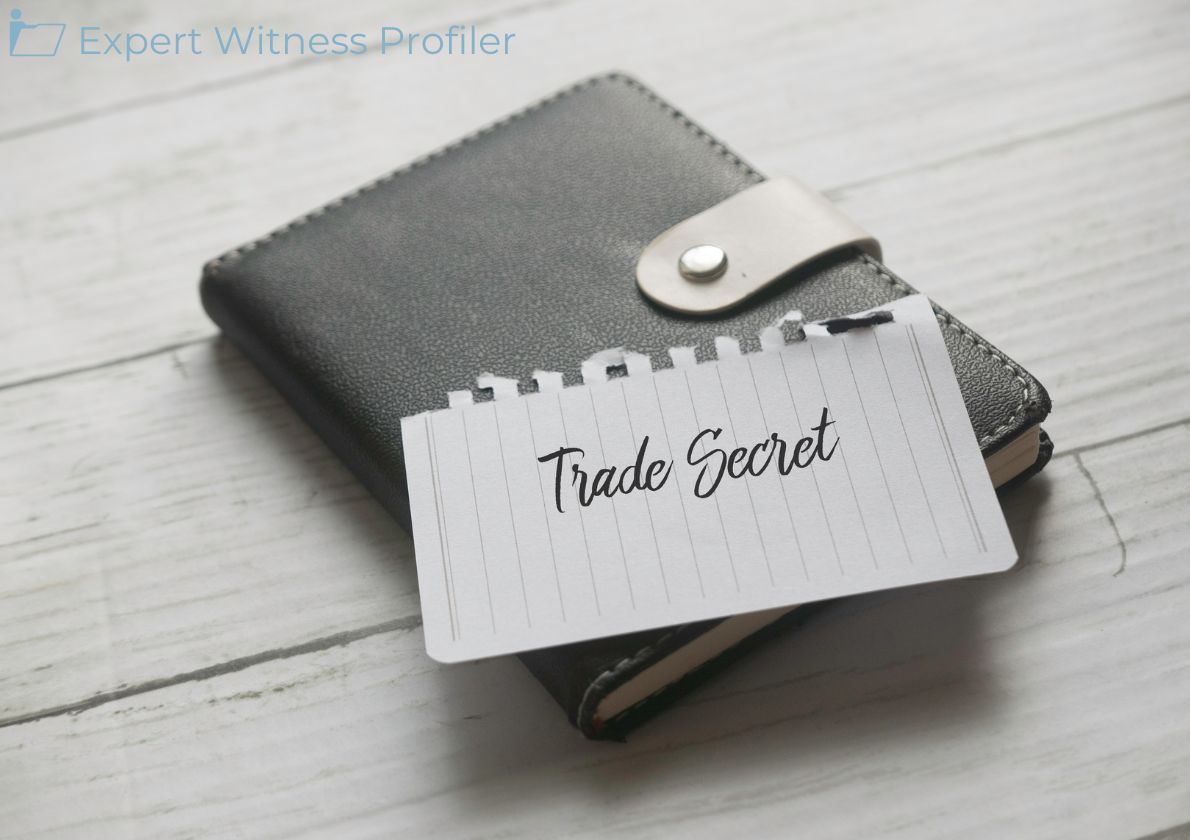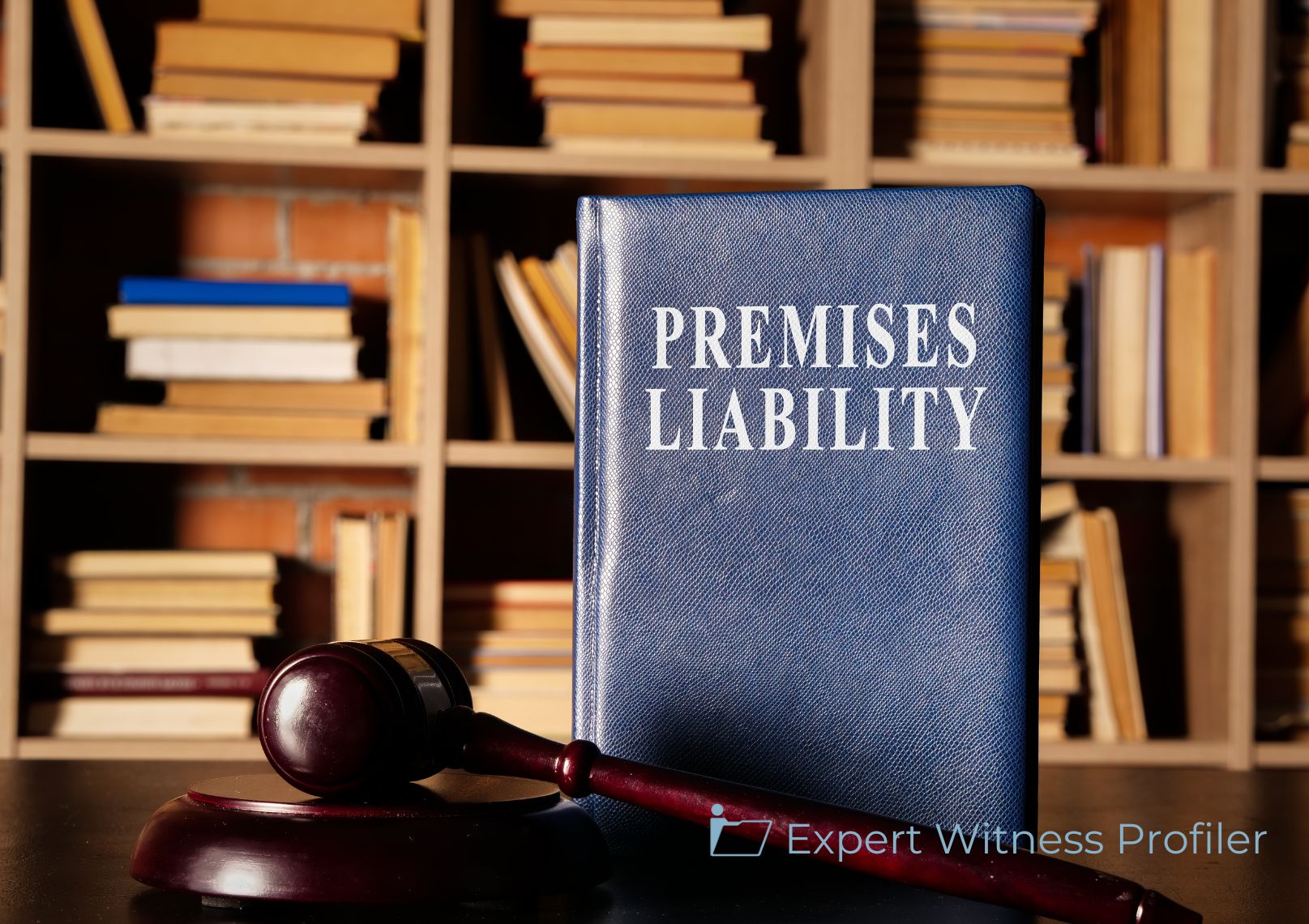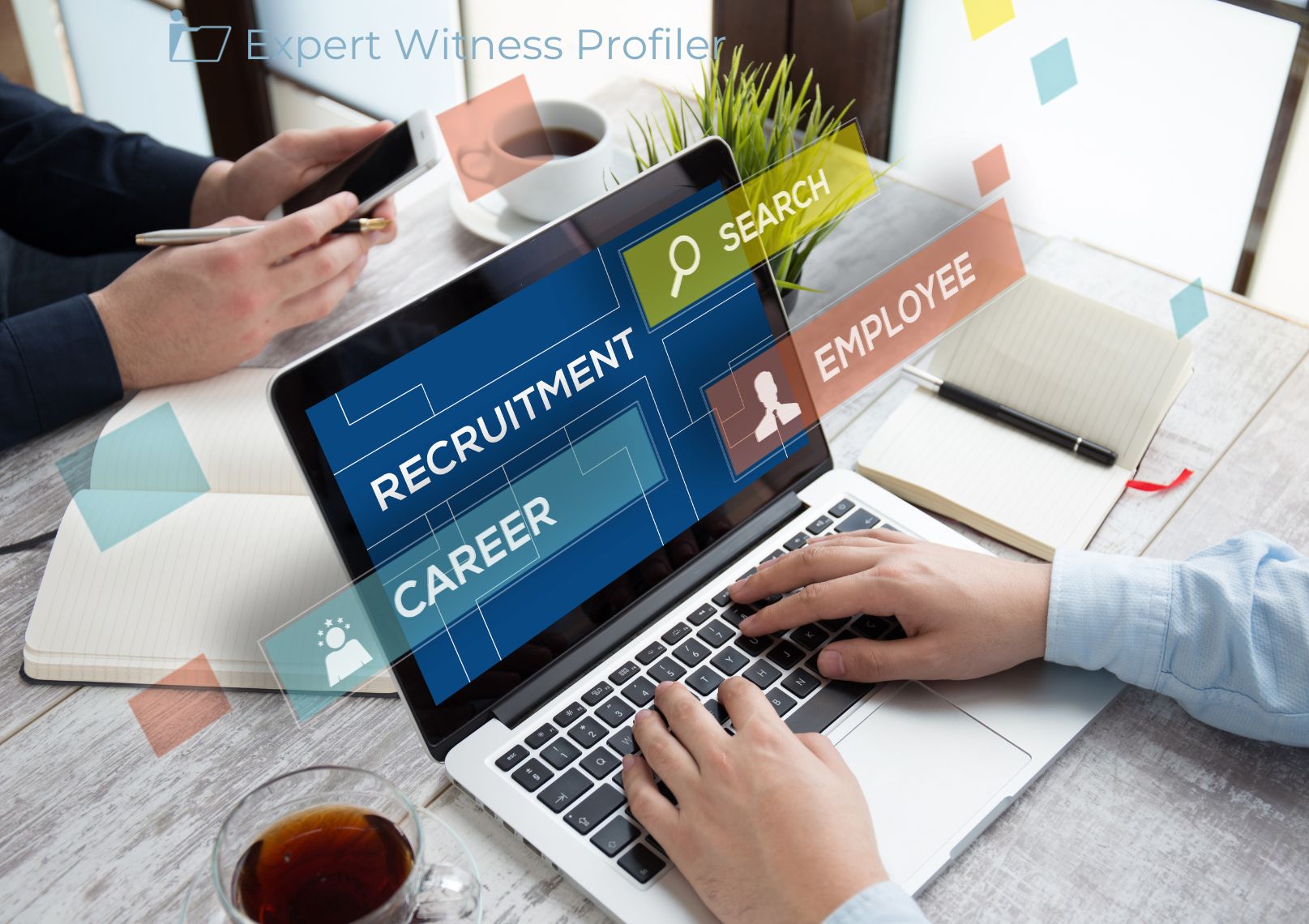
Posted In: Expert Challenges, Political Science Expert Witness, Sociology Expert Witness
Posted On: December 13, 2023

Posted On: December 13, 2023

Posted On: November 14, 2023

Posted On: November 6, 2023

Posted On: September 22, 2023

Posted On: September 18, 2023

Posted On: September 14, 2023

Posted On: September 13, 2023

Posted On: September 13, 2023

Posted On: September 11, 2023

Posted On: September 8, 2023